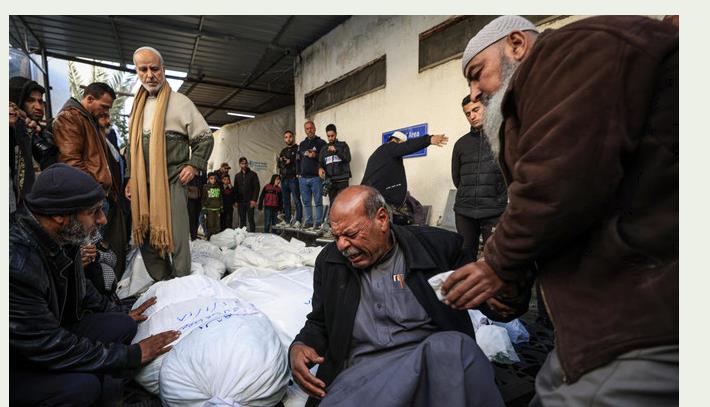
Priti Patel’s controversial new borders bill breaches international and domestic law in at least 10 different ways, a report from a team of leading immigration lawyers has concluded.
Four barristers led by the human rights QC Raza Husain claim that the nationality and borders bill, which is moving through parliament, will lead to challenges under international human rights and refugee treaties.
Following 95 pages of legal opinion commissioned by the human rights group Freedom From Torture, they conclude: “This bill represents the biggest legal assault on international refugee law ever seen in the UK.
“The principle at the heart of the bill is the penalisation, both criminally and administratively, of those who arrive by irregular means in the UK to claim asylum and the bill seeks to reverse a number of important decisions of the UK courts, including at the House of Lords and court of appeal level, given over the last 20 years.”
The legal opinion draws up battle lines between the government and human rights lawyers that are likely to be tested in courts if, as expected, the bill passes through parliament and becomes law in the spring.
It has emerged as Patel faces challenges from members of the cabinet and Conservative MPs who wish to allow asylum seekers to work in the UK. Dominic Raab, the justice secretary, and the business secretary, Kwasi Kwarteng, are understood to be supportive of the idea.
The stated objectives of the bill, which is at the committee stage, are to make the asylum system fairer, deter illegal entry to the UK, and remove people with no right to be in the country.
It also means that anyone arriving in the UK by an illegal route, such as by a small boat across the Channel, could have their claim ruled as inadmissible, receive a jail sentence of up to four years, have no recourse to public funds, and could have their family members barred from joining them.
According to the report, the inadmissibility regime outlined in the bill is potentially in breach of articles 31 and 33 of the UN refugee convention as well as articles 2, 3 and 4 of the European convention on human rights (ECHR).
The two-tier asylum system that the government plans to introduce means that those arriving by “irregular means” such as boats will be granted fewer rights, the barristers said, which would be inconsistent with the refugee convention and the ECHR.
“The basis for the attack on irregular arrival is that refugees should use safe legal routes. But there are no such safe legal routes. There is no such thing as a refugee visa,” they said.
Plans to send those claiming asylum to offshore centre would breach three articles of the ECHR, three of the articles of the refugee convention, the report said, while plans to “fast-track” cases with an expedited, accelerated appeals process would risk unfairness under common law as well as articles 2, 3, 4, 8 and 13 of the EHCR.
Husain, who has appeared in 37 human rights and immigration cases before the supreme court or House of Lords, has drawn up the report with Eleanor Mitchell from Matrix Chambers, Jason Pobjoy, from Blackstone Chambers, and Sarah Dobbie, from 5 Essex Court.
According to the barristers, the government is attempting to reverse the rationale of the refugee convention, which was to introduce a needs-based approach to replace authorisation-based regimes of the 1930s.
Steve Crawshaw, the policy director of Freedom From Torture, said the bill showed the government seemed not to care that they were “riding roughshod” over international obligations.
“The opposition to the government’s latest attempt at cruel lawlessness is growing. Torture survivors and hundreds of groups across the country have come together in a bigger national coalition than ever seen before. We need to ensure that humanity and international law can still triumph,” he said.
Home Office insiders rejected the barristers’ claims, insisting that the UN refugee convention allows for different treatment of refugees if they have not come directly from a country of persecution.
Officials insisted that the UK is the third highest contributor of overseas development aid in the world, and that “the new Afghan Citizens Resettlement Scheme is testament to the kind of agile, flexible approach to resettlement that the UK can now deliver to those fleeing persecution, oppression and tyranny”.
A Home Office spokesperson said: “We reject these claims entirely. The new plan for immigration complies with all our international obligations, including under the European convention on human rights and the UN refugee convention.”












